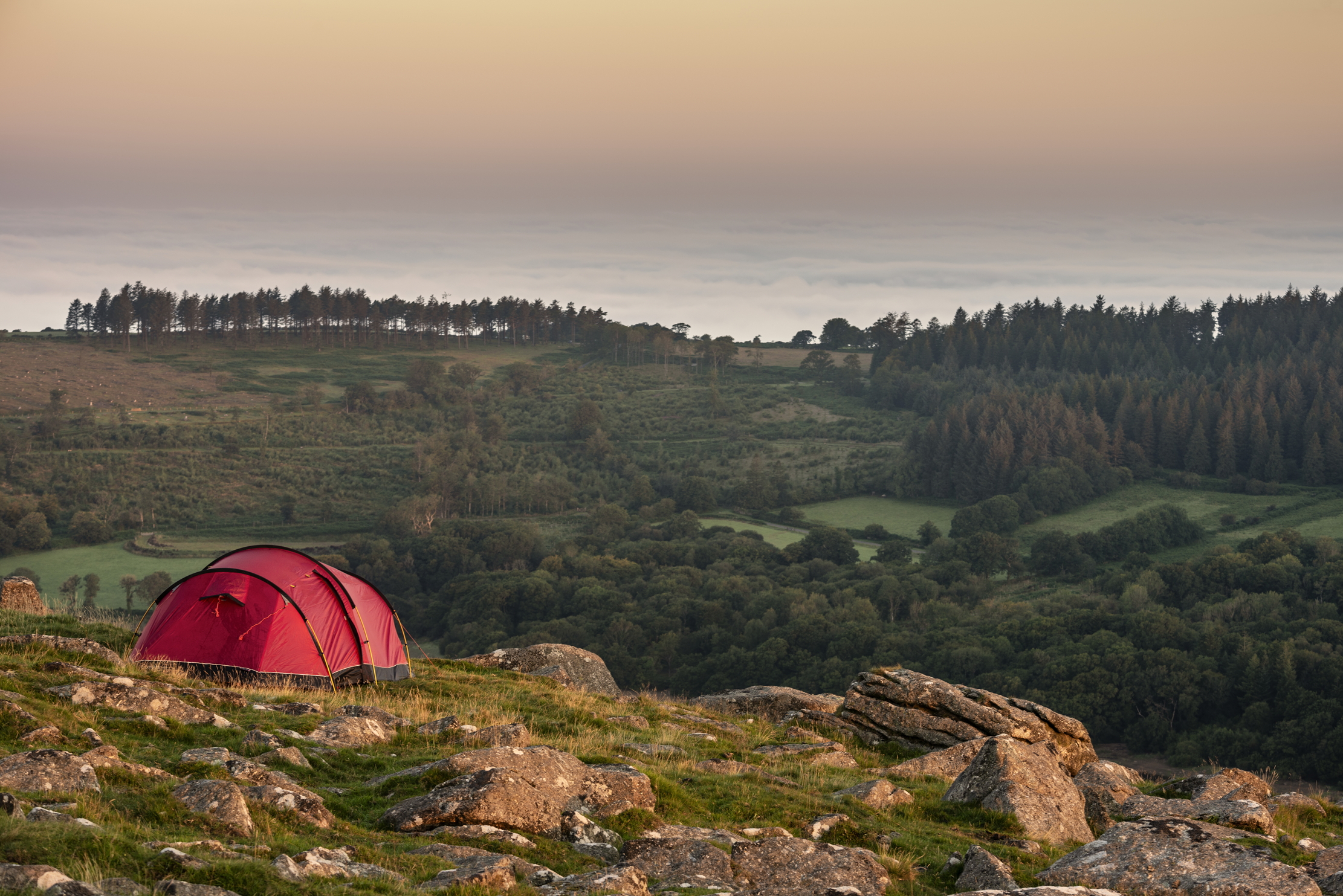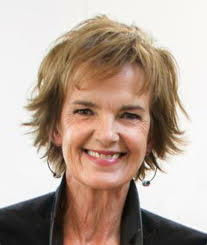'We need to make a case for more resources': What next for wild camping on Dartmoor
Jane Wheatley takes the temperature of the land after years of debate over public access to private spaces.


In a case that has reignited debate over public access to private land, the Supreme Court ruled last month that wild camping could continue on Dartmoor. The 1985 Dartmoor Commons Act made it a legal right to camp on unenclosed areas of moorland without permission from landowners.
The law was challenged by Alexander Darwall, who claimed that camping on his 4,000-acre Dartmoor estate affected conservation efforts and put his cattle at risk. In 2023, the High Court ruled that he had the right to ban campers from his land, but the Dartmoor National Park Authority (DNPA) took the case to the Court of Appeal, which decided that the law did, indeed, permit wild camping on privately owned land in the Park.
Darwall appealed the ruling, but lost in the Supreme Court to the jubilation of campaigners such as the Open Spaces Society. ‘Dartmoor remains one of only a handful of places in England where there is a right to backpack camping without the landowner’s permission,’ comments general secretary Kate Ashbrook. ‘We want to see that right extended so that people can enjoy a night under the stars on all open country in England and Wales.’
'For the past five years, we have had Dartmoor marshals to deal with such anti-social elements, but we have an area of 36,000 hectares [88,958 acres] to cover'
The DNPA has issued a code for campers, which includes a ban on fires and vehicles and a maximum two-day stay with all traces removed. However, John Howell, chairman of the Dartmoor Landowners Association, claims this is widely ignored by what he calls binge campers. ‘They light fires, go to the loo wherever they choose, abandon tents and leave an unspeakable mess, which we clear up.’
Born and bred on Dartmoor, Howell agreed that wild camping was ‘a wonderful benefit for mental and physical health. I like doing it myself. But in the past 25 years, it has become increasingly bad for the environment. Now the NPA has won this case they need to tackle the damage done by binge campers. I’m not going around picking up used lavatory paper any more because a Government agency has encouraged wild camping’.
Fresh from a meeting with landowners to look at updating the Commons bylaws in the light of the Supreme Court judgement, Richard Drysdale, the DNPA’S director of conservations and communities, admits there had been problems with festival-style camping: ‘Vehicles pull up at the roadside with big tents, fairy lights and huge cool boxes, not at all in the spirit of the code. For the past five years, we have had Dartmoor marshals to deal with such anti-social elements, but we have an area of 36,000 hectares [88,958 acres] to cover and we need to make a case for more resources.’
Exquisite houses, the beauty of Nature, and how to get the most from your life, straight to your inbox.
Jane Wheatley is a former staff editor and writer at The Times. She contributes to Country Life and The Sydney Morning Herald among other publications.
